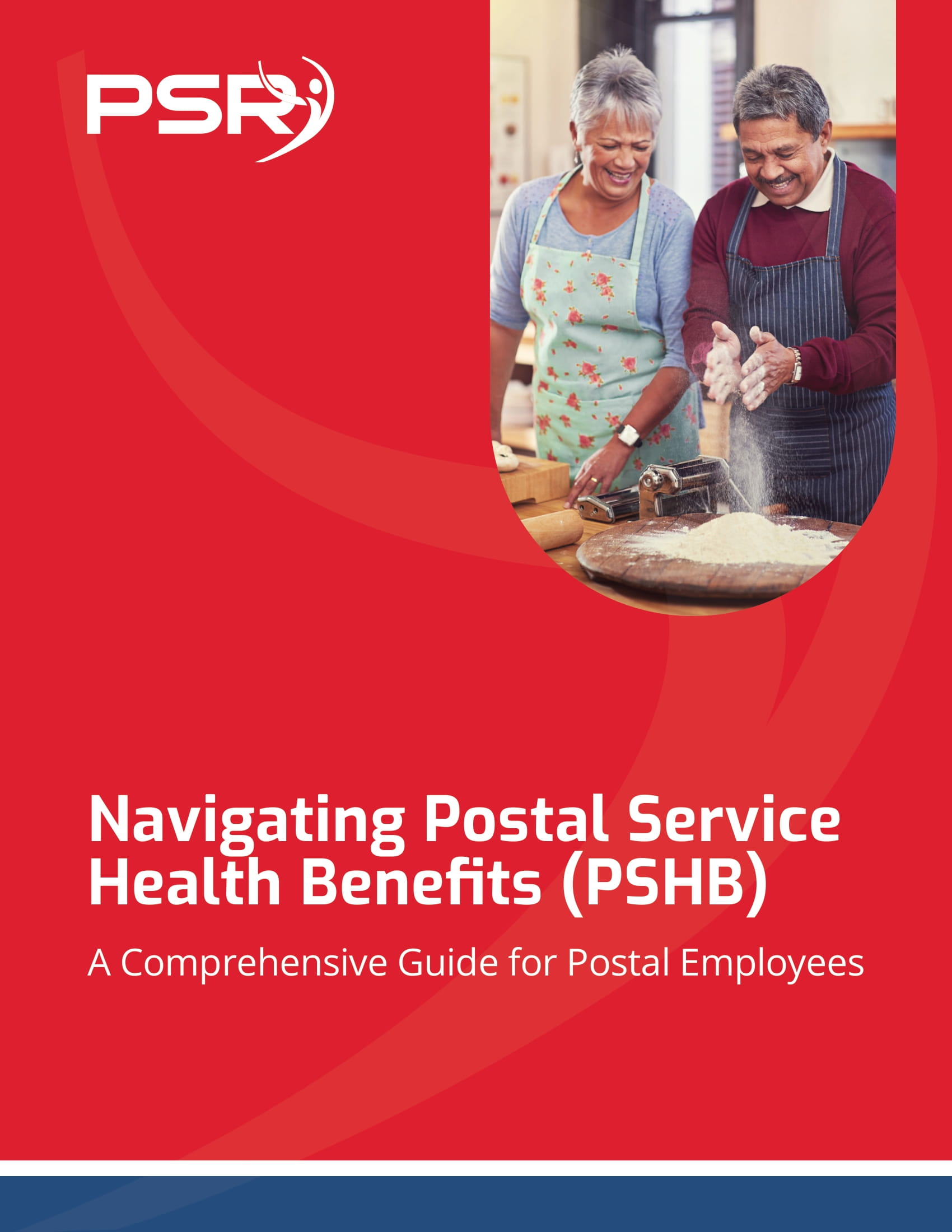Key Takeaways:
- Federal employees nearing retirement can access several hidden benefits that offer significant financial and lifestyle advantages. Start taking advantage of these benefits today to maximize your retirement.
- Certain federal benefits, such as health coverage continuation and retirement savings plans, come with timelines you need to understand before you retire to make the most of them.
Unlock These Hidden Federal Benefits Before You Retire
- Also Read: Divorce and Your Federal Pension—What Happens When You Split Assets and How It Could Affect Your TSP
- Also Read: What Happens to Your Federal Benefits After Divorce? Here’s the Lowdown
- Also Read: The Best FEHB Plans for 2025: Which One Fits Your Lifestyle and Budget the Best?
What is the Federal Employees Retirement System (FERS)?
If you’re a federal employee, you’ve likely heard of FERS, the Federal Employees Retirement System. FERS is the cornerstone of your retirement package, combining Social Security benefits, a basic pension, and the Thrift Savings Plan (TSP). What you may not know is that FERS offers benefits even before you officially retire. Understanding how these different parts work together is critical to maximizing your retirement income.
You can begin contributing to your TSP early in your career, and the earlier you start, the better your compound interest growth. While this is a more obvious benefit, knowing how to use it wisely is crucial. Consider reviewing your TSP contributions now to ensure you’re maximizing matching contributions if eligible.
Have You Considered Phased Retirement?
One lesser-known benefit available to federal employees is phased retirement. This program allows you to work part-time while drawing a portion of your pension benefits. Think of it as a smooth on-ramp to full retirement instead of abruptly leaving the workforce.
Phased retirement could be particularly useful for those who still enjoy working but want more flexibility. It also provides the advantage of continuing to earn federal employee benefits, such as health insurance, during this time. However, it’s important to remember that this program isn’t available in all agencies, so you’ll need to check with your HR department.
Thrift Savings Plan: Don’t Miss the Catch-Up Contributions
As you approach retirement age (50 or older), the federal government allows you to make catch-up contributions to your Thrift Savings Plan. This is one of the most underrated opportunities for federal employees who are getting closer to retirement. The government permits you to contribute additional amounts beyond the normal contribution limits, which can make a significant difference in your retirement savings.
Even if you haven’t been able to maximize your contributions earlier in your career, the catch-up provision gives you a second chance to boost your nest egg. And remember, your contributions are tax-deferred, allowing your savings to grow without the immediate drag of taxes.
What Happens to Your Health Insurance?
The Federal Employees Health Benefits (FEHB) program is a huge benefit for federal employees, but its value often goes unnoticed until retirement is near. Many employees don’t realize that, with proper planning, they can carry their FEHB health insurance into retirement without any gaps in coverage.
To do this, you must be enrolled in the FEHB program for at least five years before you retire. If you haven’t already met this requirement, now’s the time to act. The earlier you get yourself enrolled, the sooner you’ll be able to take this benefit with you into retirement, ensuring continuous health coverage when you need it most.
Federal Long-Term Care Insurance Program (FLTCIP)
Long-term care costs are an often overlooked aspect of retirement planning, and federal employees have a benefit specifically designed to address this: the Federal Long-Term Care Insurance Program (FLTCIP). This insurance helps cover the cost of care you might need later in life, whether it’s in a nursing home or for at-home services.
The best time to apply for long-term care insurance is before you retire because premiums are generally lower the younger and healthier you are. Plus, once you leave federal employment, you won’t be able to enroll in this program. So, take advantage of this option while it’s still available to you.
What About Annual and Sick Leave?
Many federal employees overlook the value of their accumulated annual and sick leave. These aren’t just days off—they can actually add to your retirement package if managed correctly.
Annual leave can be cashed out when you retire, which could provide you with a sizable lump sum payment. Meanwhile, unused sick leave can be converted into extra service time, potentially increasing your pension benefit. Planning to minimize sick days and bank your leave can pay off significantly when you retire.
Social Security and FERS: Timing is Everything
Federal employees under FERS are also eligible for Social Security, but timing when to claim those benefits is crucial. The age at which you begin collecting Social Security can significantly impact the amount you receive each month. If you start early at age 62, your benefits will be reduced. However, if you delay collecting until age 70, you can maximize your Social Security payouts.
It’s also worth noting that if you continue to work after you begin drawing Social Security, your benefits might be temporarily reduced if your earnings exceed a certain threshold. Be sure to understand these rules before you make your decision.
Survivor Benefits: Planning for Your Loved Ones
One of the benefits many federal employees don’t consider is the option to provide survivor benefits for a spouse or other family members. Survivor benefits allow a portion of your pension to be passed on to your loved ones after you’re gone. You’ll need to elect this option during retirement, and there’s usually a cost associated with it, but it can provide much-needed financial support to your dependents.
If you don’t plan for survivor benefits in advance, your spouse could face financial hardship after your passing. It’s important to start considering these options while you’re still employed and in a position to weigh the costs and benefits.
Are You Prepared for Retirement?
With so many benefits available, planning for retirement as a federal employee can feel overwhelming. However, starting early allows you to maximize these perks and ensure a smooth transition into retirement. Whether it’s catch-up contributions to your TSP, taking advantage of long-term care insurance, or deciding when to claim Social Security, now’s the time to make the most of what’s available to you.
Retirement is a milestone that should be rewarding, not stressful. By tapping into these benefits before you retire, you’ll be setting yourself up for long-term success and peace of mind.
Take Charge of Your Retirement Benefits
Don’t wait until the last minute to start thinking about your federal employee benefits. Many of these perks come with specific timelines and requirements, so the earlier you take action, the better. Speak with your HR department to clarify any questions and make sure you’re on track. Retirement is your time—make sure it’s as enjoyable and financially secure as possible.












